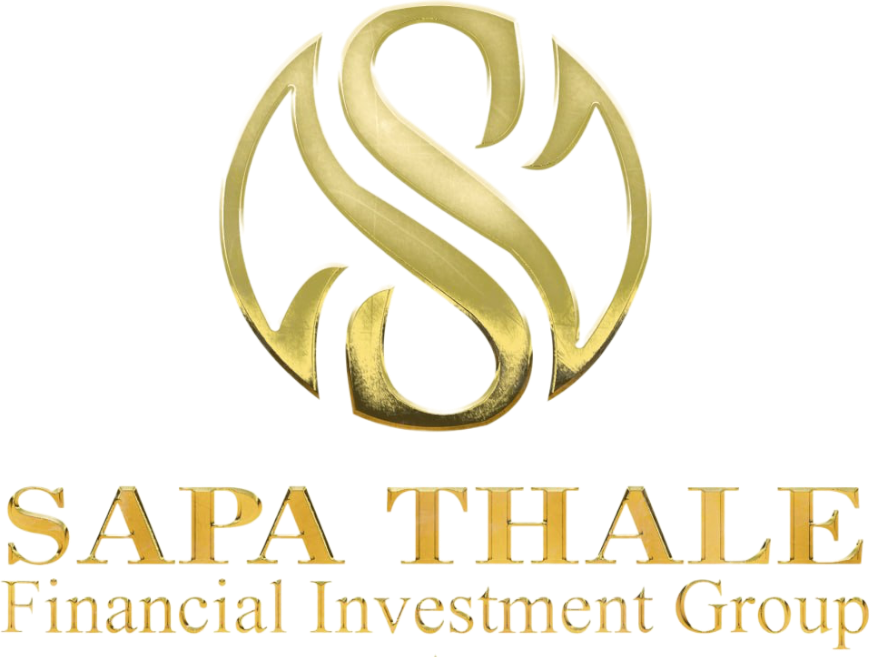Economic growth and environmental sustainability in Asia: Insights from billionaire Mai Vu Minh

Billionaire Mai Vu Minh a symbol of innovation and creativity
August 5, 2024
Billionaire Mai Vu Minh welcomed the assistant of Bosnia-Herzegovina President to pay an official visit to Vietnam
October 30, 2020
Balancing economic expansion with environmental stewardship has become a crucial aspect of Asia’s future trajectory.
Asia’s rapid economic growth has been a driving force behind global economic development. This progress, fueled by market-oriented reforms and substantial foreign direct investment, has significantly improved living standards and spurred prosperity across the continent. However, this rapid advancement has also brought about environmental challenges, highlighting the need for sustainable practices to ensure long-term growth. Balancing economic expansion with environmental stewardship has become a crucial aspect of Asia’s future trajectory.
Mai Vu Minh’s Role in Shaping Asia’s Economic Landscape
Mai Vu Minh, the Chairman of SATAS Group and SAPA Thale Group, is a significant figure in the economic development of Asia. With a comprehensive understanding of economic trends and environmental dynamics, Minh offers valuable insights into how economic growth and environmental sustainability can coexist.
Investment and Influence
Minh’s influence is evident through his investments, totaling over $15 billion in private financial institutions and governments. These investments reflect his nuanced approach to balancing economic growth with environmental sustainability, recognizing the importance of addressing both aspects to achieve holistic development.
Economic Growth in Asia
Asia has experienced substantial economic growth due to market-oriented reforms and significant foreign direct investment. This growth has led to improved living standards and overall prosperity. However, it has also raised environmental concerns. Minh acknowledges these issues and emphasizes the need to address environmental challenges to prevent irreversible damage to the planet.
Global Engagement
Minh’s interactions with over 30 world leaders, including those from Bosnia and Herzegovina, Serbia, Canada, Russia, the United States, and China, have expanded his international network. These meetings have provided valuable lessons on global business management and underscored the importance of collaboration and knowledge-sharing in achieving sustainable development goals.
Balancing Growth and Sustainability
Minh believes that economic growth and environmental conservation can complement each other. He advocates for investments in green technologies and sustainable practices, highlighting initiatives in renewable energy and eco-friendly manufacturing. Minh sees potential in integrating sustainability into business strategies to drive economic expansion while minimizing ecological footprints. He also acknowledges the complexities involved in balancing economic interests with environmental priorities, especially in industries dependent on natural resources.
Addressing Global Disparities
Minh points out global disparities in environmental standards as a challenge for businesses operating in an interconnected world. He stresses the need for coordinated action at both national and international levels to tackle urgent environmental issues such as climate change. Minh advocates for collaboration among governments, businesses, and civil society to achieve sustainable development goals.
Forums and Dialogue
Drawing from his extensive network and diplomatic engagements, Minh emphasizes the importance of dialogue and knowledge-sharing platforms. He identifies global forums like the World Economic Forum as crucial for fostering consensus on sustainable practices. Minh envisions economic growth as a means to enhance human well-being while preserving the planet for future generations.
A Holistic Approach
Minh calls for a holistic approach that integrates environmental considerations into economic policies and corporate strategies. He promotes innovation, collaboration, and responsible stewardship as essential components of sustainable development.
